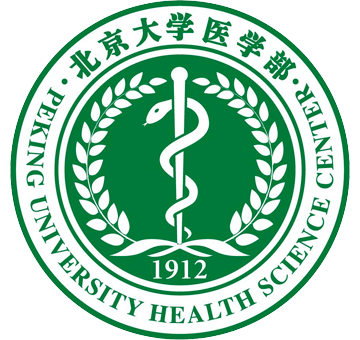
Minghui Zhao, MD
JI Program: Renal
Status: Completed
Summary
Patients with end stage renal disease (ERSD) who require renal replacement therapy are associated with high morbidity, mortality, and cost both in China and the U.S. The majority of ESRD originates from glomerular diseases. The Michigan Medicine and PKUHSC renal divisions are at the forefront of translational glomerular disease research in the U.S. and China. They have joined forces to address the most urgent unmet need in the field: Early and accurate identification of patients at high risk to progress to ESRD for targeted treatments. The joint scientific expertise, unique resources (biobanks established by both divisions, hosting urine and plasma samples accumulated over years from patients with glomerular diseases – and samples linked with longitudinal clinical data), and the deep trust-based intensive cooperation and exchanges (including faculty training, multiple visits, shared seminars…etc.) position us strongly to meet this challenge. Together, we strive to develop non-invasive molecular markers to allow early detection of patients at high risk for progression, and identify molecular pathways that bridge the genotype-phenotype gap to identify molecular mechanisms driving glomerular disease progressions as targets for future interventional trials. Moreover, JI’s renal program provides a valuable platform to exchange research inspiration and to nurture new collaborations on renal diseases between both sides. We strongly believe that our joint effort will ultimately contribute to the improvement of patient care, and reduce financial burden in both the U.S. and China.
Outcomes
-
- 4 PKUHSC junior faculty members received extensive training at Michigan Medicine mentored by Dr. Matthias Kretzler and Dr. Wenjun Ju.
- 1 UMMS resident completed a one-month clinical rotation at PKUHSC with Dr. Minghui Zhao.
- One peer-reviewed publication was highlighted by the NIH director’s blog as an exemplary story on precision medicine: “Pursuing Precision Medicine for Chronic Kidney Disease”(https://directorsblog.nih.gov/2015/12/15/pursuing-precision-medicine-for-chronic-kidney-disease)
- One abstract was presented by American Society of Nephrology’s Annual Meeting.
- Awarded $2.524 million dollars from NIH and industrial funding generated from the JI project.
Publications
- Ju W, Nair V, Smith S…Kretzler M. NEPTUNE and PKU-IgAN Consortium (2015) Tissue transcriptome-driven identification of epidermal growth factor as a chronic kidney disease biomarker. Sci Tansl Med. 2015; 7(316): 316ra193 DOI:10.1126/scitranslmed.aac7071.



